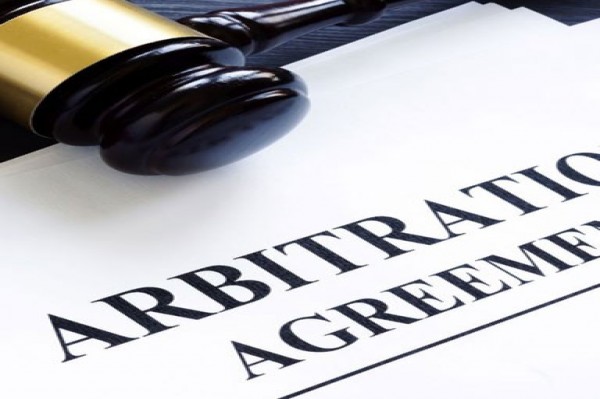
Alternative Dispute Resolution Methods
Disputes arise when parties fail to meet their contract obligations or formulate weak claims that get rejected. Whenever a dispute occurs, the most reasonable action is for parties to try and resolve it amongst themselves, without seeking assistance from a third-party. That typically leads to the fastest and most cost-effective solution, while doing little to disrupt the construction project or damage working relationships. However, in many cases, agreement does not come easy. For that, a wide range of Alternative Dispute Resolution (ADR) techniques are available, each having advantages and disadvantages.
Expert Determination is an ADR process in which an independent third party is appointed and enforced to decide the dispute. Two conditions must be met. The third party has to be an expert in the subject of the dispute and he/she must be neutral to the project (not involved in any way before appointment). Using Expert Determination to solve disputes has the main advantages of keeping the procedure confidential and helping parties maintain a good relationship. The method is time and cost-efficient, as parties are not required to reach settlement in a court.
Mediation is an ADR method in which a third-party mediator is hired to assist the negotiation of the dispute. Similar to Expert Determination, it allows the parties involved to maintain their commercial relationship throughout the entire proceeding. Because it is an informal method, it incorporates a larger degree of flexibility. However, the most important drawbacks of Mediation are precisely a result of that. The process is non-binding, the mediator has no power over parties’ behavior, and with no agreement there is also no outcome and the dispute remains open.
Another ADR method involving a third party is Adjudication. The parties of a dispute select an adjudicator, an entity that acts as investigator. Adjudication is an attempt to save time, as the method leads rapidly to a binding decision and offers no right of appeal. However, decisions can be superseded or even reversed through arbitration or litigation.
Arbitration is another alternative method for dispute resolution. The outcome of a dispute is determined by an arbitrator or arbitration panel. Similar to the methods described earlier, the parties have to agree first on selecting the qualified third-party that will resolve the conflict based on facts, documents, and laws. An obvious advantage of arbitration is that it mimics court action and accelerate the settlement process while keeping no public record of the proceedings. However, the arbitrator has limited powers of compulsion or sanction against parties failing to comply. Another disadvantage is concerned with the arbitrator being unable to issue temporary measures, which are often highly needed in a complex construction project that is put to a hold by disagreement between parties.
If no agreement is reached to decide the alternative dispute resolution methods, litigation remains the only viable option. Litigation is the process of seeking legal action in court as a way of resolving a dispute. It can also be used to contest a decision previously made through an appeal. Litigation is widely regarded as employing the best decision making. Unlike experts, mediators, adjudicators or arbitrators, judges can compel parties to comply. They also have power to sanction non-compliance, as well as issue and enforce temporary measures to protect a party’s interest before the final verdict. The main drawback of litigation lies in its timeframe. The court action can extend over many months (sometimes years) and is sensible to parties seeking extra delays in proceedings, or appeal. Litigations lead to a public record of the dispute, which can expose parties to unwanted negative publicity.
For parties crossing swords, it is easy for bitterness to take hold and to cloud best judgement. Clients and contractors should remind themselves as often as possible that the main goal of construction claims is not to generate conflict and hostility but to reach a compromise. There are various types of dispute resolution methods that can be agreed and outlined in the contract, some being more time and cost effective than others. If the parties cannot resolve matters between themselves through negotiation, they can involve a neutral third party by opting for mediation, adjudication or arbitration. If a satisfactory resolution could not be reached by using one or several of the methods mentioned above, then litigation is required. Although this is harmful to the parties’ relationship and is the costliest and slowest method of resolving a dispute, it is effective when a legally binding, enforceable and high-quality decision is necessary.
The construction industry in the Middle East underwent continuous growth in the past few years, which was inevitably accompanied by an increase in volume of disputes and claims. However that party-to-party negotiation still the preferred resolution method. As it stands out across the region, the human factor is still widely regarded as crucial in seeking agreement and contract completion. Clients and contractors avoid having to seek assistance from a third-party through compromise. When they do, Arbitration and Mediation are the most widely employed methods for dispute resolution.
MMA Law


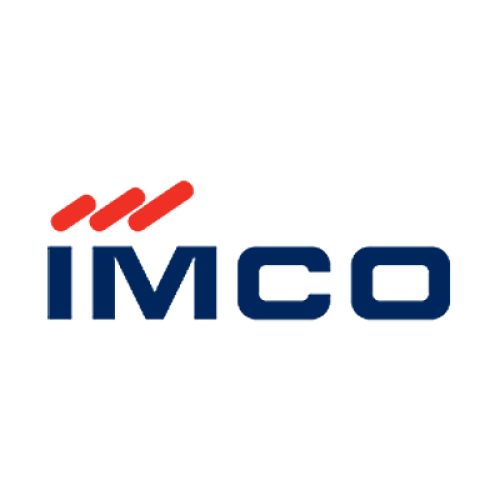




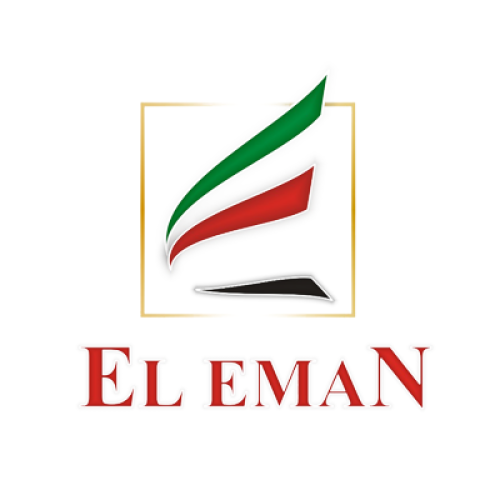
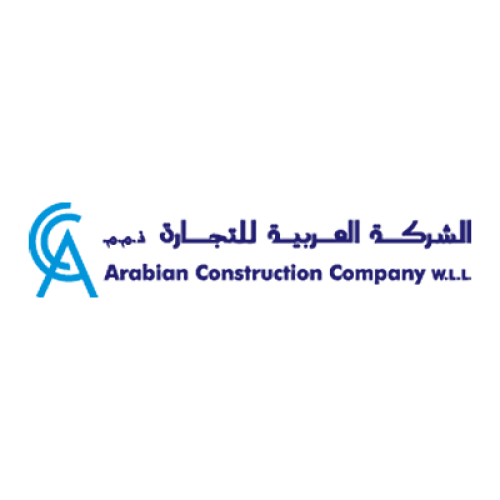
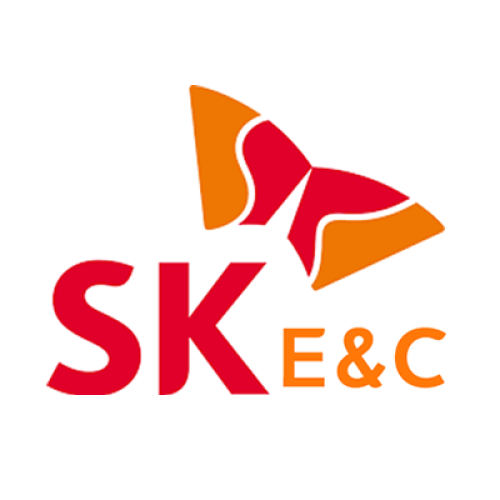
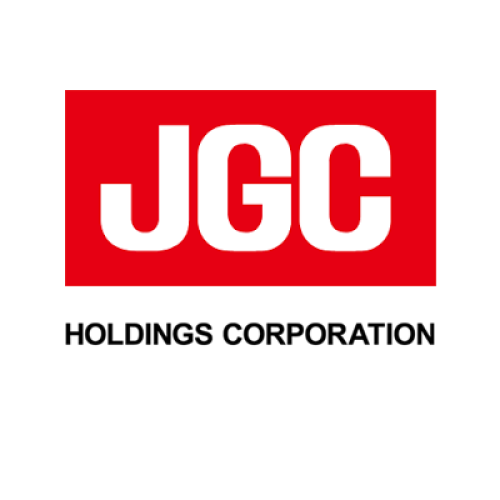

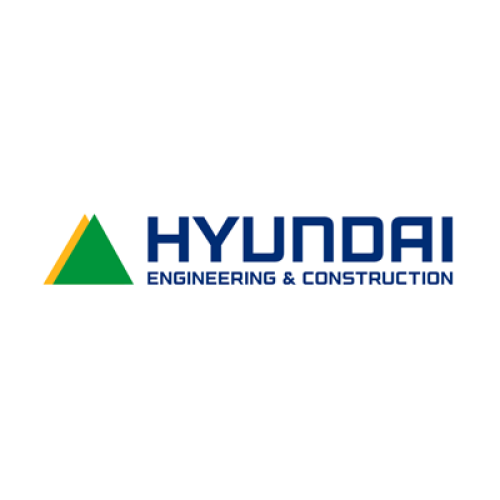
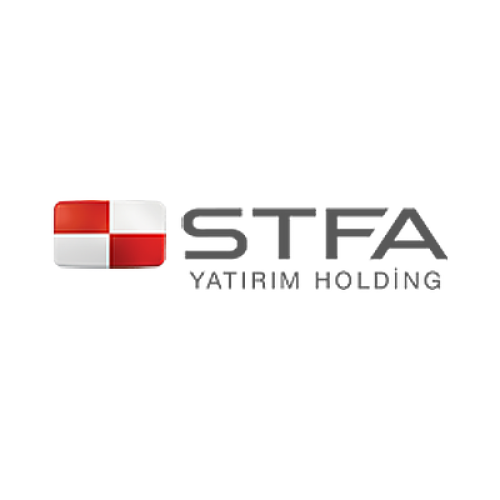
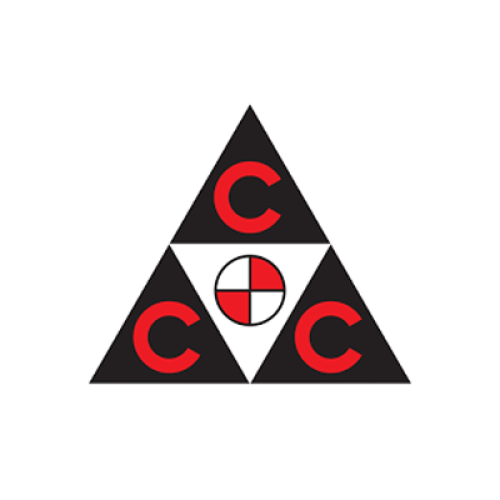

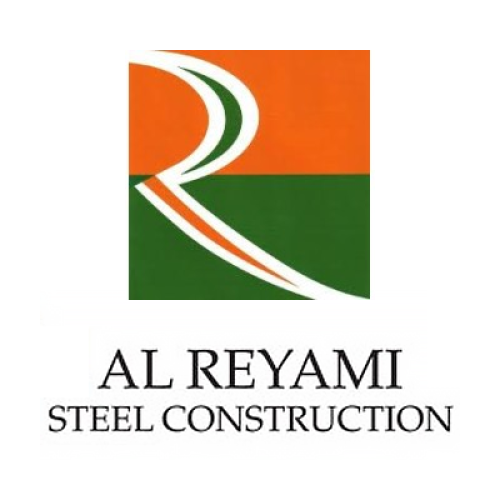
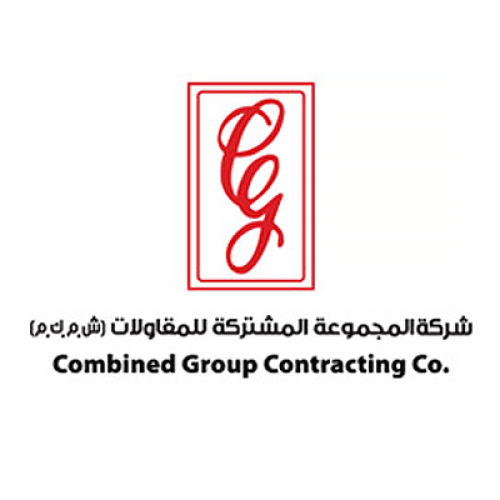

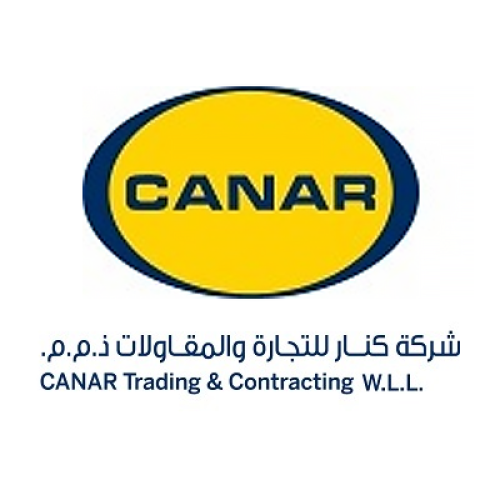
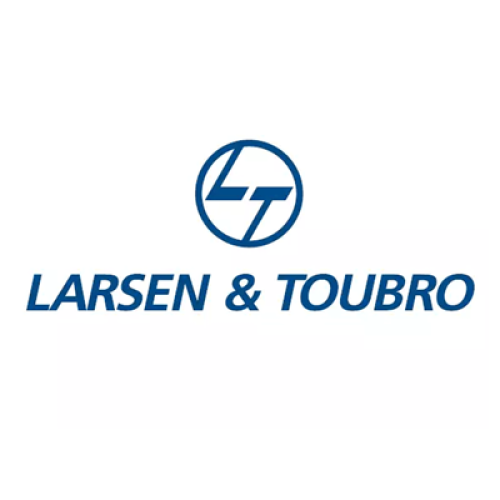

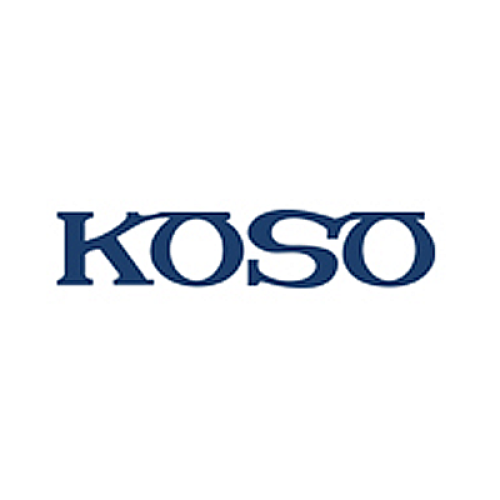








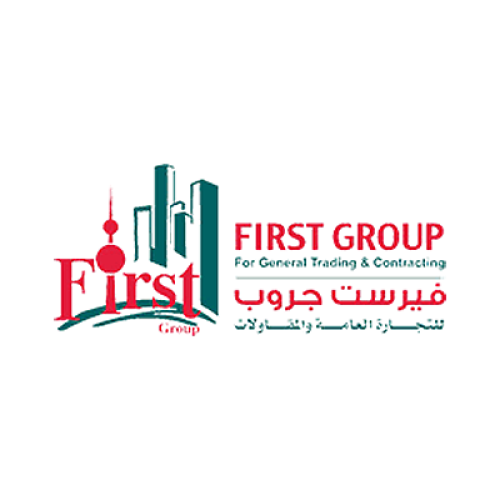
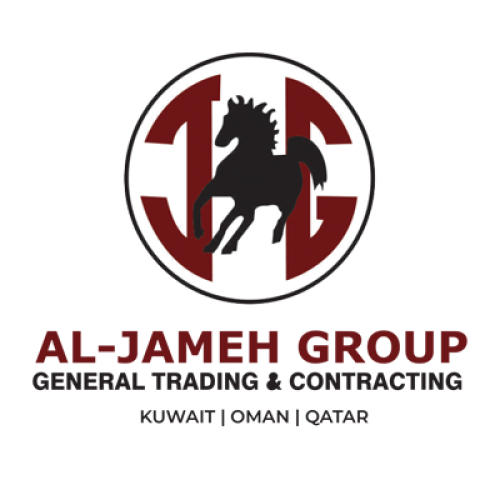

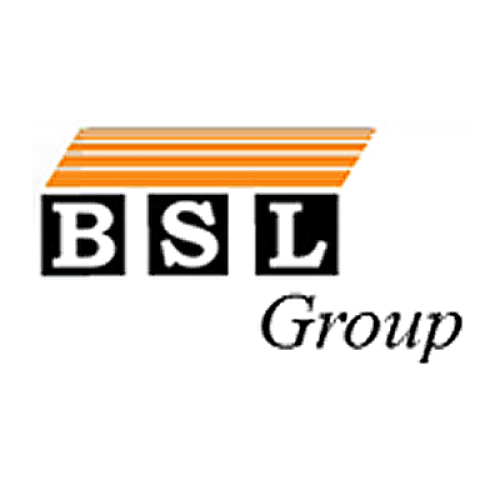

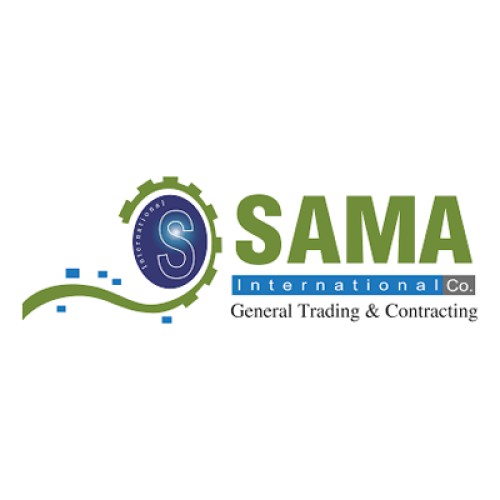


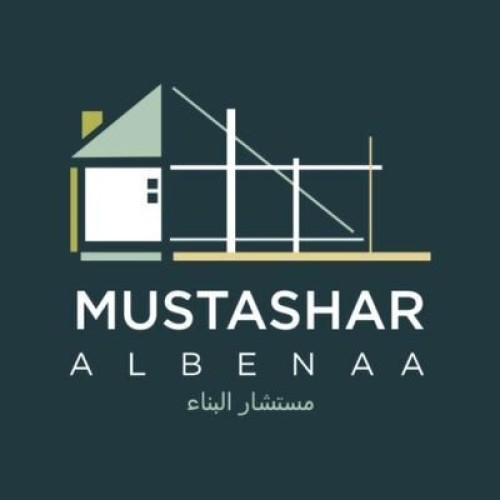
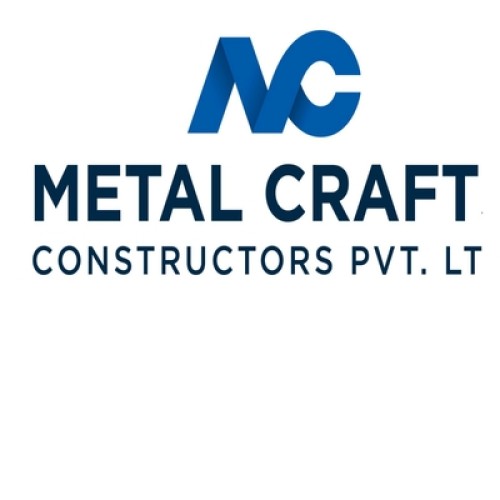

Leave a Comment